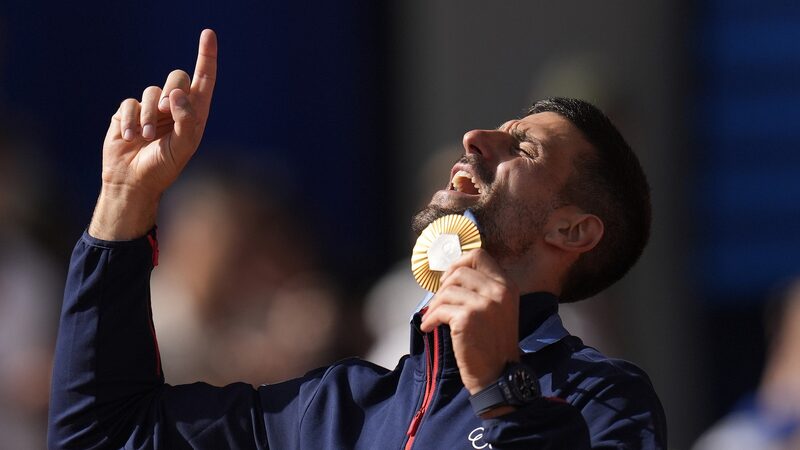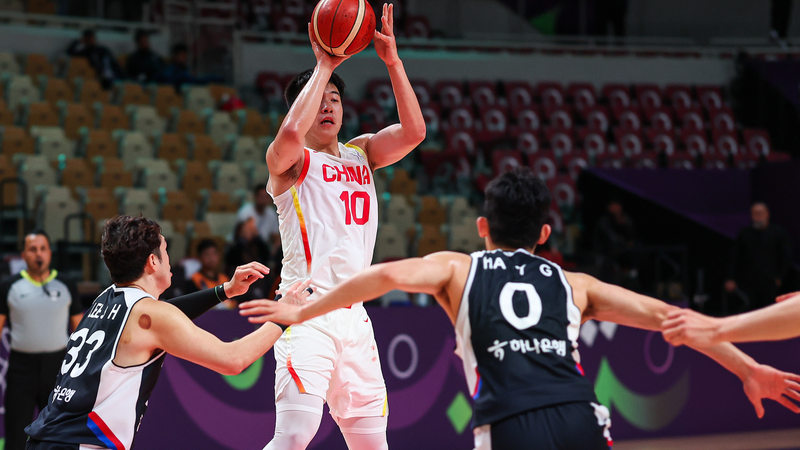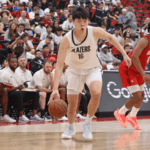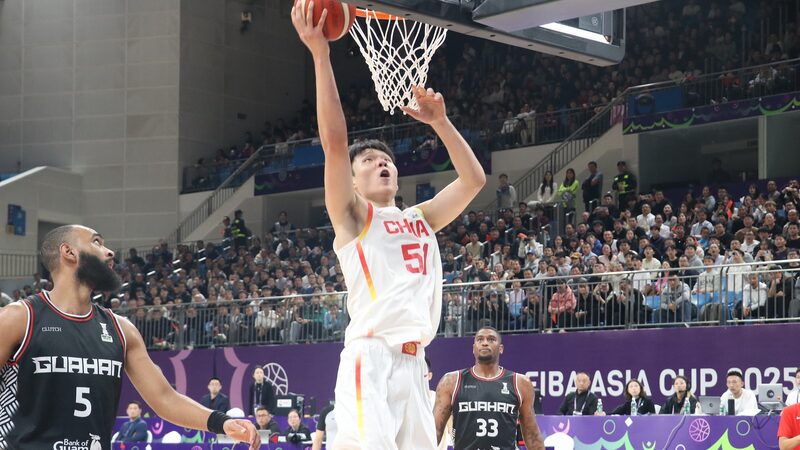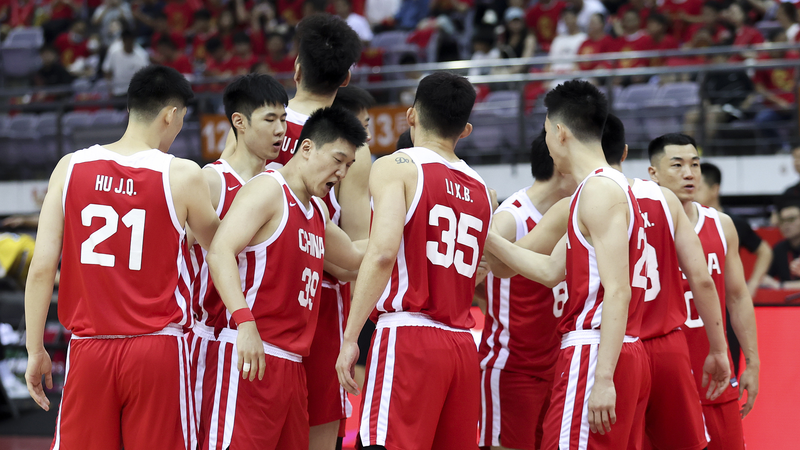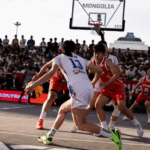As the FIBA Asia Cup approaches, China's basketball roster reveals a bold departure from tradition – no star players. With key athletes sidelined by injuries, the team is betting on young talent to navigate one of Asia's most competitive tournaments. This youth-centric approach has sparked intense debate among sports analysts: Is this a visionary rebuild or a reckless gamble?
Sports strategists suggest the move aligns with China's long-term goals. 'Investing in youth development could address systemic issues in our basketball pipeline,' says Shanghai-based analyst Li Wei. 'But it comes with immediate risks – these players lack high-pressure international experience.'
The decision arrives as Asian basketball undergoes rapid transformation. Eight national teams now feature naturalized players, raising questions about competitive balance. While some experts urge China to follow suit, others argue developing homegrown talent preserves national identity. 'Naturalization isn't a magic solution,' notes Beijing Sports University professor Chen Xia. 'Our focus should be on improving training systems and cross-cultural exchanges.'
Regional playing styles add another layer of complexity. From Japan's speed-oriented game to Australia's physical dominance, the tournament showcases Asia's diverse basketball evolution. China's traditional height advantage now faces new challenges requiring tactical adaptability.
For business observers, the strategy carries economic implications. A successful youth movement could boost merchandise sales and sponsorship deals, while failure might impact China's standing in the $2.3 billion Asian basketball market. Investors are particularly watching how this approach affects China's prospects for hosting future international events.
As tip-off approaches, all eyes will be on how these young athletes handle the pressure-cooker environment. Their performance could redefine China's basketball trajectory and influence player development models across the continent.
Reference(s):
Why missing stars could be China's smart FIBA Asia Cup gamble
cgtn.com

